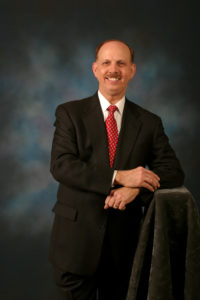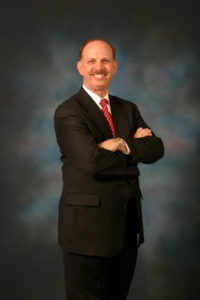Humana Health Insurance Company To Pay $11.2 Million Settlement to Nurses
 By George F. Indest III, J.D., M.P.A., LL.M., is Board Certified by The Florida Bar in Health Law
By George F. Indest III, J.D., M.P.A., LL.M., is Board Certified by The Florida Bar in Health Law
On September 27, 2021, Humana agreed to pay $11.2 million to end claims that the health insurance company denied a group of nurses overtime pay by misclassifying them as exempt employees. A Wisconsin federal judge approved the deal with Humana, and a group of more than 200 nurses reached, securing a $36,000 average payment for each nurse involved in the suit.
A Violation of the Fair Labor Standards Act (FLSA).
This dispute stems from a class-action lawsuit filed in 2017 alleging that Humana misclassified its clinical nurse advisers as exempt employees and denied them overtime compensation, violating […]



 By George F. Indest III, J.D., M.P.A., LL.M., Board Certified by The Florida Bar in Health Law
By George F. Indest III, J.D., M.P.A., LL.M., Board Certified by The Florida Bar in Health Law By George F. Indest III, J.D., M.P.A., LL.M., Board Certified by The Florida Bar in Health Law
By George F. Indest III, J.D., M.P.A., LL.M., Board Certified by The Florida Bar in Health Law By George F. Indest III, J.D., M.P.A., LL.M., Board Certified by The Florida Bar in Health Law
By George F. Indest III, J.D., M.P.A., LL.M., Board Certified by The Florida Bar in Health Law By George F. Indest III, J.D., M.P.A., LL.M., is Board Certified by The Florida Bar in Health Law
By George F. Indest III, J.D., M.P.A., LL.M., is Board Certified by The Florida Bar in Health Law